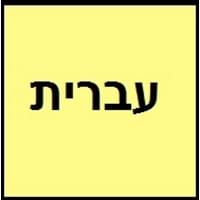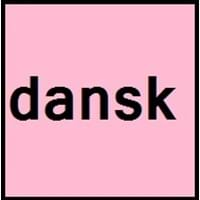Hebrew vs Danish
- The original language of Bible is Hebrew.
- The men and women use different verbs in hebrew language.
- Danish, Norwegian and Swedish are mutually intelligible, that means if u learn Danish is almost like learning three languages in one.
- There are 9 vowels in Danish language, which can be pronounced in 16 different ways.
Hebrew and Danish Language History
Comparison of Hebrew vs Danish language history gives us differences between origin of Hebrew and Danish language. History of Hebrew language states that this language originated in 1000 BC whereas history of Danish language states that this language originated in c. 1100 AD. Family of the language also forms a part of history of that language. More on language families of these languages can be found out on Hebrew and Danish Language History.
Hebrew and Danish Greetings
People around the world use different languages to interact with each other. Even if we cannot communicate fluently in any language, it will always be beneficial to know about some of the common greetings or phrases from that language. This is where Hebrew and Danish greetings helps you to understand basic phrases in Hebrew and Danish language. Hebrew word for "Hello" is שלום (Shalom) or Danish word for "Thank You" is Mange tak. Find more of such common Hebrew Greetings and Danish Greetings. These greetings will help you to be more confident when conversing with natives that speak these languages.
Hebrew vs Danish Difficulty
The Hebrew vs Danish difficulty level basically depends on the number of Hebrew Alphabets and Danish Alphabets. Also the number of vowels and consonants in the language plays an important role in deciding the difficulty level of that language. The important points to be considered when we compare Hebrew and Danish are the origin, speaking countries, language family, different greetings, speaking population of these languages. Want to know in Hebrew and Danish, which language is harder to learn? Time required to learn Hebrew is 44 weeks while to learn Danish time required is 24 weeks.





